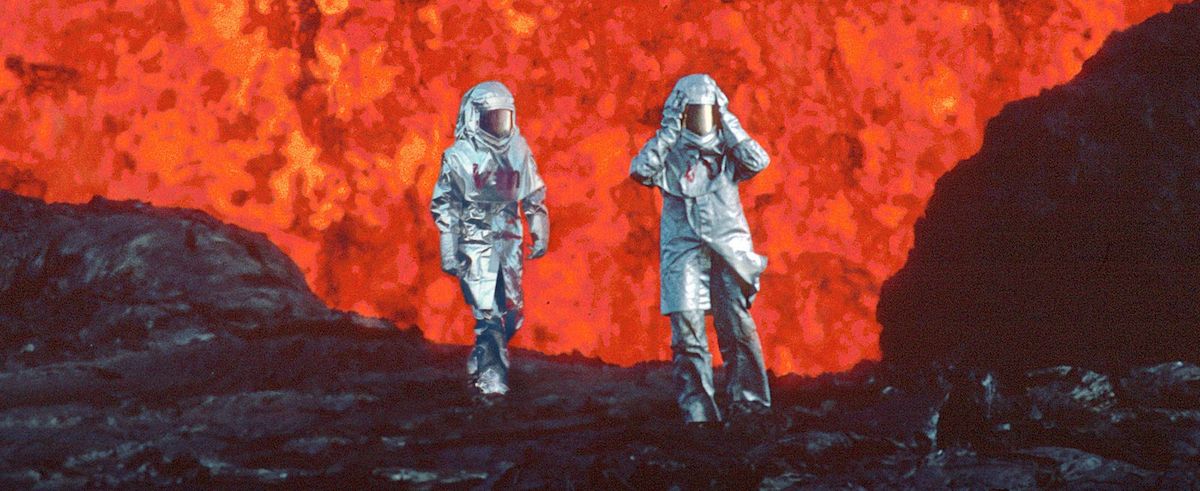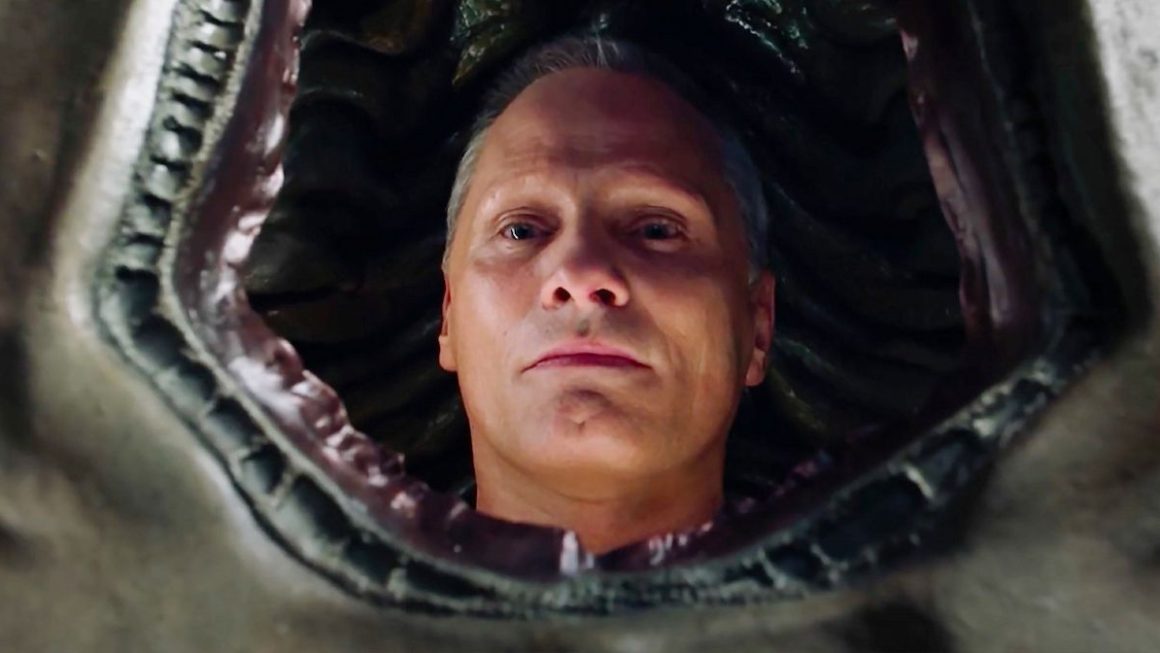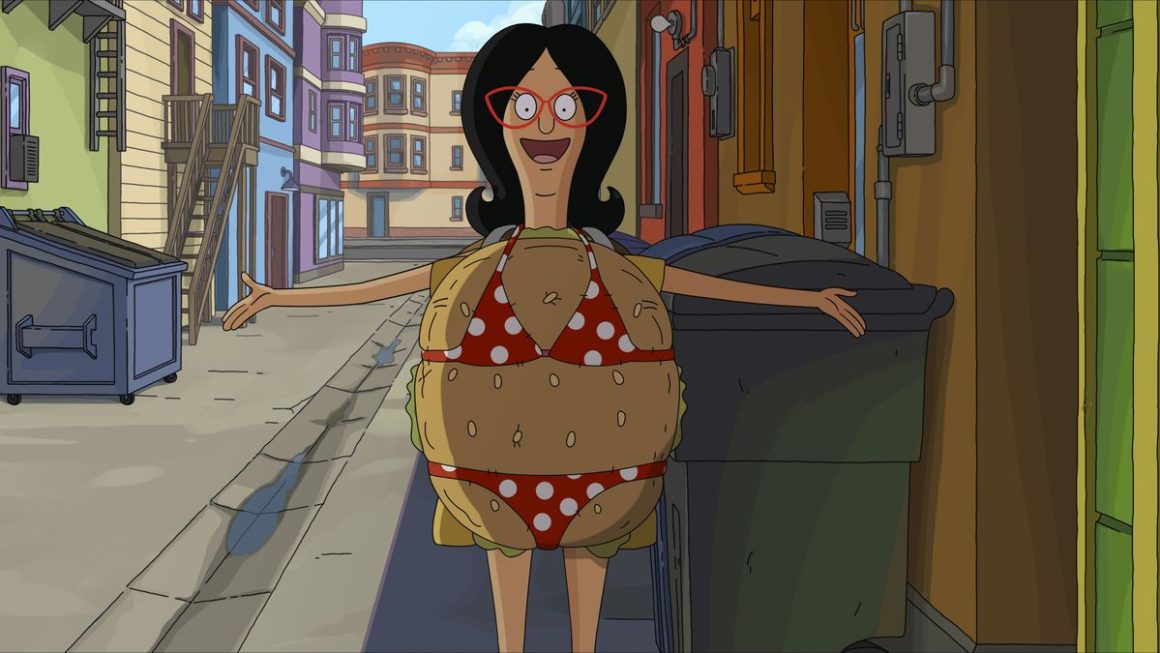Sara Dosa’s Fire of Love is a poem of enchantment, obsession, and peril. Tapping a store of hundreds of hours of footage shot by volcanologist team Katia and Maurice Krafft, Dosa tells a visceral story of love, loss, and one couple’s coalescence with the most spectacular forces on the planet.
The Kraffts lived on the fringes of human society, rejecting tighty human time first determined by greasy steam engines burning inky black coal. The lovers preferred to live on geological time. An imperceptible scale of grandeur demystified by the boldest and most arrogant among us – pioneers.
The couple’s serendipitous meeting and life’s work make this story all the more enigmatic. Truly, they were star-crossed lovers. Which the filmmaker alludes to with lovely animated scenes, using what appears to be layers of paper cutouts, silhouette, and pins of light shining like suns.
Katia was a chemist and Maurice a geologist. Both experienced volcanoes as children, thus planting the seed for their shared obsession. After they met at the University of Strasbourg, they would never separate.
Until Mount Unzen in Japan erupted in 1991 and killed them both. They didn’t mind.
Their story is about intensity, an obsession with risk. They disregarded a human’s most innate fears for the ephemeral. An eruption. Burning heat. Risk of death. Love.
Fire of Love is practically a creation of their own. Illustrating the lovers’ lives together, their work, television interviews, books, photographs. I was lucky enough to catch a Q&A with Dosa – her approach was spectacularly inventive.
While Sara Dosa couldn’t speak to her subjects to better understand their motivations, she could work with them indirectly through their massive archive of footage and photography as well as their nearly twenty books often written in first person.
She created a film that works as a collaboration between her and her subjects, hearkening back to their style and collective voice and modernized by her approach.
The results are stunning.

This documentary eschews traditional interviews or nonsense filler and relies solely on archival footage, quotes from the Kraffts painstakingly cut together, and artfully written narration.
Miranda July, polymath and director of Kajillionaire, provides a delicate and compelling voice for that narration. Her words flow like a song, slipping away quicker than you’d hoped they would.
Katia and Maurice Krafft, with their bright red beanies and powder blue tents, sharp and funny movements, are the real Steve Zissous of the world. It’s almost impossible to think Wes Anderson is unaware of them. They were doing things he’d yet to conceive well before his prime, and in the real world no less.
They never claimed the title “filmmaker” though they undoubtedly were. They had style, a sense of humor, and a burning desire. They were fearless. Perfect characters in their own story.
It wasn’t until Katia experienced immense human loss in the 1998 eruption of Colombia’s Nevado del Ruiz did the pair question their life’s purpose. The government’s ignorance allowed an approximate 25,000 people to perish in pyroclastic flows from the event.
This event served as a catalyst, allowing them to switch from feeding their inner flame and thrill seeking to informing governments and people of the warning signs, risks, and consequences of volcanic eruptions for human life.
Their final film saved lives.
Fire of Love is a delicate, fiery, funny, and touching portrait of two volcanologists facing sweeping existential questions in the face of some of the most awesome forces on Earth. They went to the precipice of being, where no one else dared go, and gave the world understanding, safety, hope.
Listen to director Sara Dosa talk about creating Fire of Love:




